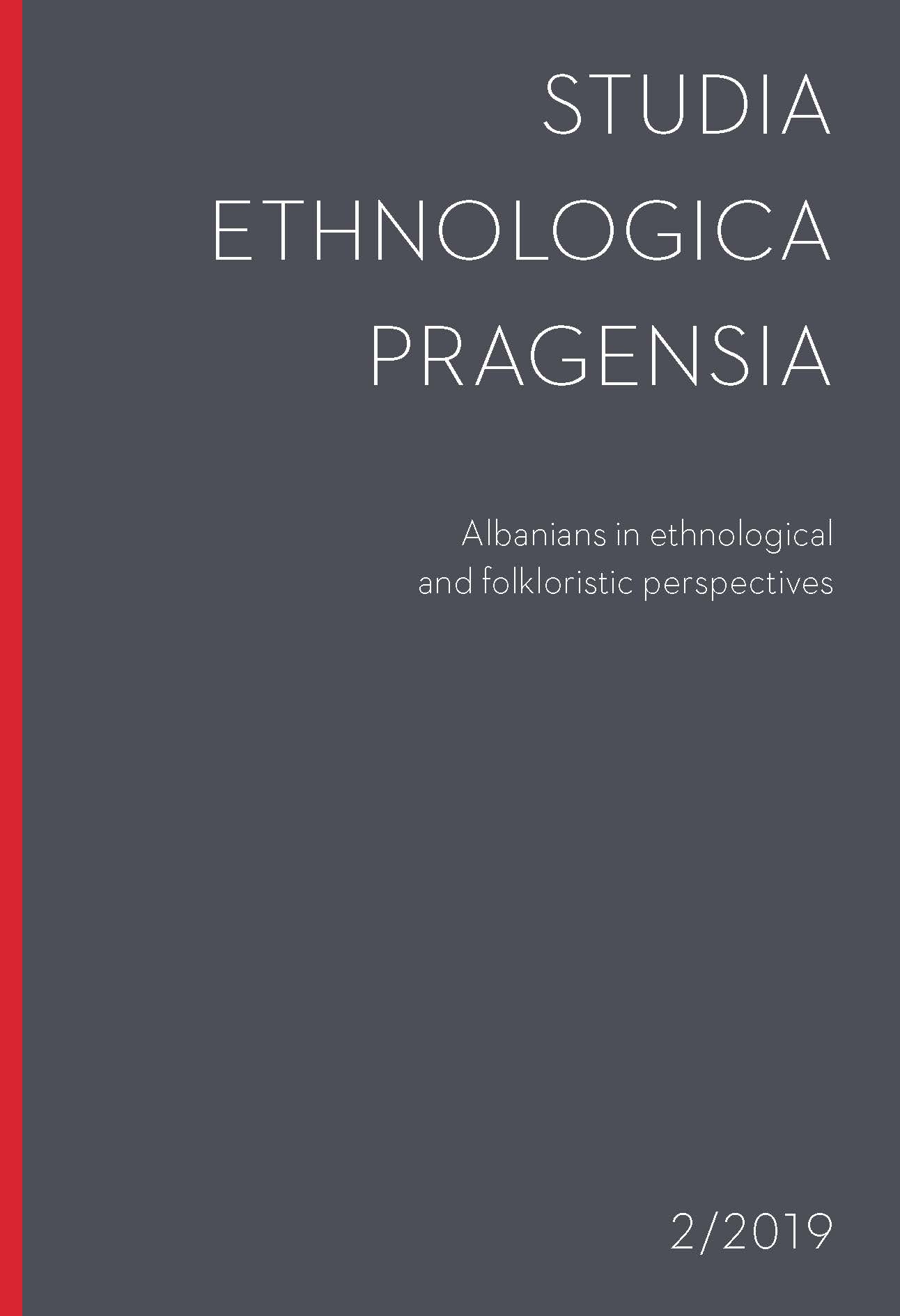Kosovo Albanian diaspora in the frame of diaspora definitions and transnationalism
Kosovo Albanian diaspora in the frame of diaspora definitions and transnationalism
Author(s): Lumnije KadriuSubject(s): Nationalism Studies, Migration Studies, Identity of Collectives
Published by: Univerzita Karlova v Praze - Filozofická fakulta, Vydavatelství
Keywords: diaspora; Kosovo Albanian; premodernity; modernity; postmodernity; transnationalism; holidays;
Summary/Abstract: The concept of diaspora as a notion nowadays is quite complex. In regard to this term’s extensive usage and ‘dispersion of the meanings of the term in semantic, conceptual and disciplinary space’ alsowrote Rogers Brubaker in his paper titled ‘The Diaspora “Diaspora”’. Due to the development and expansion of this concept, in present times, into this category, in a broad sense, are included members of many mobile people. So, development path extends from the classical diaspora conception that considered as such only the Jews, Armenians and Greeks, whose reason of migration was a violent displacement, to the contemporary conception of diaspora, in which included different groups or communities that move to other countries for various reasons and motives, such as migrants, refugees, guest workers, expelled communities, etc. In addition, in social sciences the need for a better understanding and analysis of social processes makes new approaches appear constantly. Such an approach is also the transnational approach that is focused on studying different ties or/and connections mobile people have in two or more countries. Issues related to how the Albanian diaspora in general was conceived and how Kosovo Albanian diaspora can be conceived today and how transnational studies can help in recognizing and understanding this diasporic community are a matter of scrutiny in this paper.
Journal: Studia Ethnologica Pragensia
- Issue Year: 2019
- Issue No: 2
- Page Range: 56-72
- Page Count: 17
- Language: English

